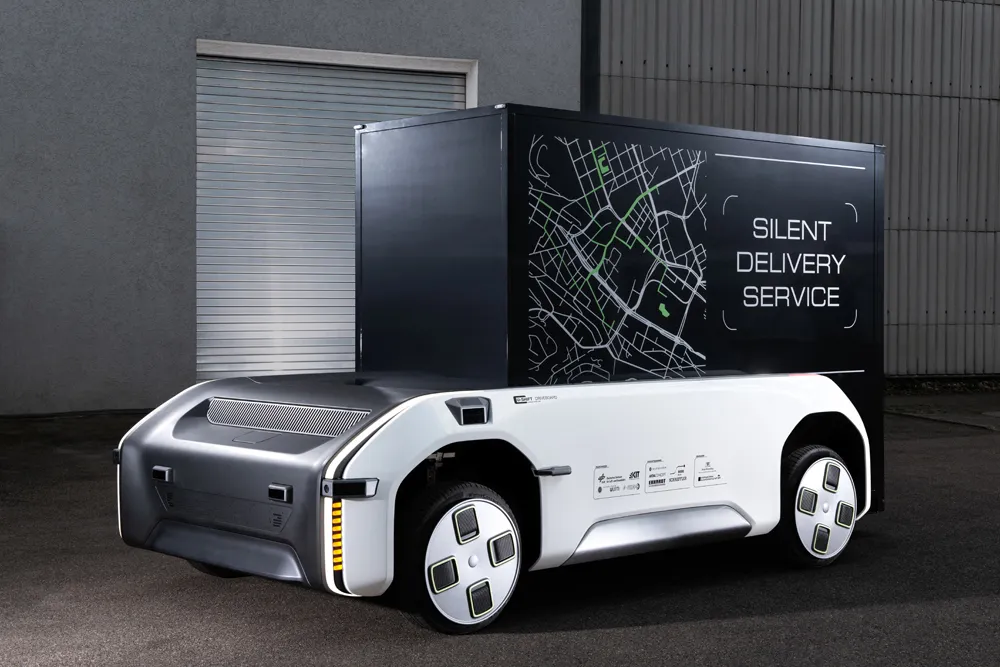Direct from ITS World Congress 2019
With the Tokyo 2020 Olympics fast approaching,
Adoption of the automated electric vehicles has been based in part on feedback from athletes from past games about their mobility needs.
The 5.2m long e-Palette shuttles feature large doors, a low floor and electric ramps to allow up to 20 Olympians or four wheelchair Paralympians (plus additional standing passengers), to board quickly and easily.
The SAE level 4 vehicle is capable of operating at up to 20kmh and will be supported by an on-board safety operator.
Designed with front/rear symmetry, wheels at the corners and a cube shape, Toyota’s e-Palette provides an expansive interior space.
In line with the company’s “Mobility for All” commitment, it is fitted with handrails and seats that are easy to use regardless of height, while the floor, trim, seats and other components have contrasting colours that assist people with colour-blindness.
The shuttle is the first developed specifically by the company for autonomous mobility as a service (“Autono-MaaS”) applications, reflecting Toyota’s transition to a mobility company combining electrification, connectivity and advanced driving technologies to support new shared mobility business models.
In common with the athletes they will carry, what will happen to the shuttles once the Olympics are over will be decided after the closing ceremony.







